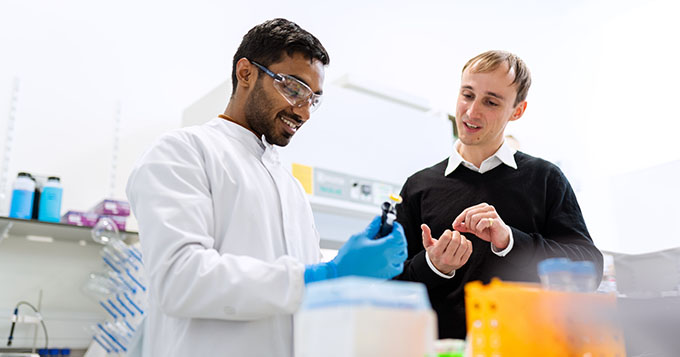Our definition of science

Science is the pursuit and application of knowledge and understanding of the natural and social world following a systematic methodology based on evidence.
Scientific methodology includes the following:
- Objective observation: Measurement and data (possibly although not necessarily using mathematics as a tool)
- Evidence
- Experiment and/or observation as benchmarks for testing hypotheses
- Induction: reasoning to establish general rules or conclusions drawn from facts or examples
- Repetition
- Critical analysis
- Verification and testing: critical exposure to scrutiny, peer review and assessment

Why define science?
In 2009, the Science Council agreed that it wanted to be clearer when it talked about sound science and science-based policy. The Science Council has “science” in its name but had not previously clarified what this actually meant. In addition to developing a better understanding of what types of organisations might become members, it was felt that the recent inclusion of the advancement of science as a charitable activity in the 2006 Charities Act suggested that in that context a definition would be useful, this was how this definition arose.
“Because ‘science’ denotes such a very wide range of activities a definition of it needs to be general; it certainly needs to cover investigation of the social as well as natural worlds; it needs the words “systematic” and “evidence”; and it needs to be simple and short. The definition succeeds in all these respects admirably, and I applaud it therefore.”
A C Grayling commending the definition in the Guardian, March 2009
The right of the Science Council to be identified as the author of this work has been asserted in accordance with the Copyright, Design and Patent Act 1988.
© Science Council 2015
